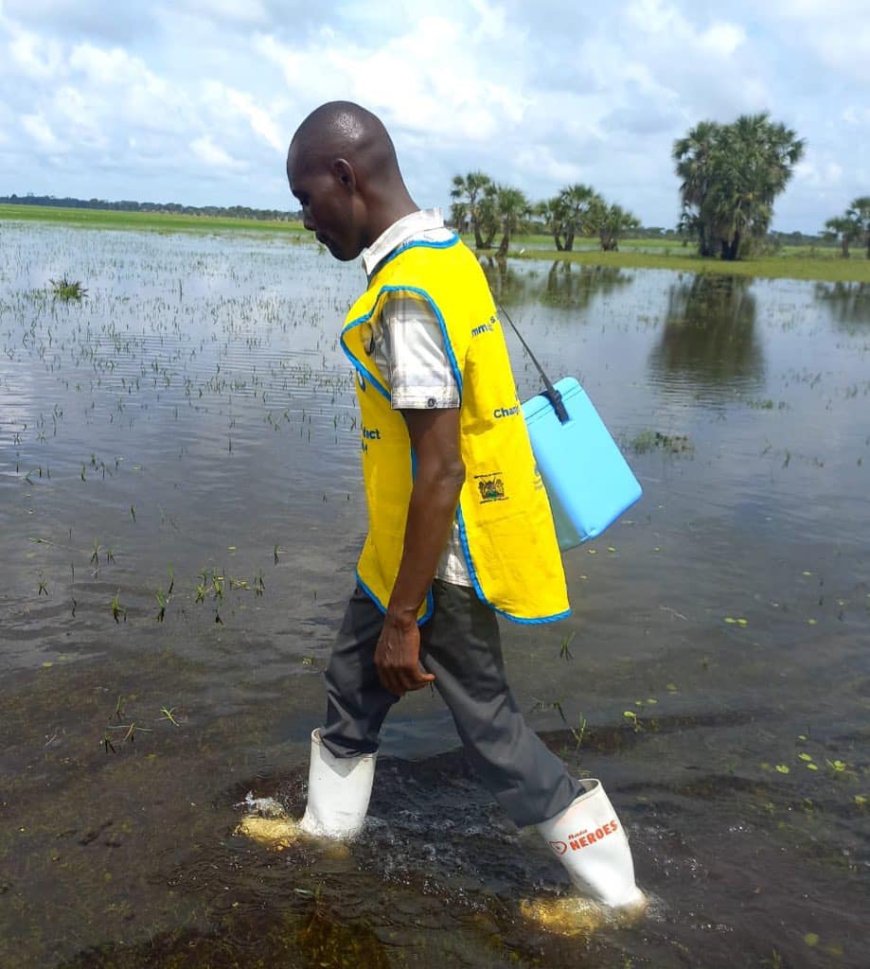Kenyans urged to observe high levels of hygiene during the rainy season

Nairobi,
Wednesday, November 22, 2023
KNA by Joseph Ng’ang’a
The Ministry of Health has called on Kenyans to exercise strict adherence to sanitation and hygiene practices during the current heavy rains period which have led to flooding and water contamination.
State Department of Public Health and Professional Standards Principal Secretary (PS) Ms Mary Muthoni Muriuki said that high levels of sanitation are crucial during floods and asked Kenyans to conduct frequent hand washing and proper waste disposal.
The PS in a statement said that counties that have reported enhanced heavy rains should be extra vigilant due to the health risks associated with the ongoing weather conditions exacerbated by the heavy rains.
“The current situation presents potential health hazards including a high risk of injuries and fatalities due to surface run-off and mudslides, particularly in hilly areas, inaccessibility of health facilities caused by floodwaters and damaged roads among other infrastructure thus impacting the delivery of crucial healthcare services, challenges in nutrition due to flooding disrupting food production and submerging crops potentially leading to reduced food availability and dietary diversity,” said Ms Muriuki.
She added that other challenges include an increase in waterborne diseases and vector-borne illnesses like malaria, overcrowding in displacement camps which further elevates the risk of upper respiratory tract infections, increase in vaccine-preventable diseases such as measles due to accessibility barriers and poor disposal of human waste increasing the risk of diarrhoea diseases.
Ms. Muriuki said that the Ministry of Health is working in collaboration with county governments and other partners to implement a comprehensive response plan focusing on vulnerable areas within the health system, including activation of the national Public Health Emergency Operations Centre and prompt activation of County Emergency Operation Centres, preparedness of Health facility capacity, addressing vector-borne illnesses such as Rift Valley Hemorrhagic fever, Dengue fever, Chikungunya, Malaria, among others through distribution of insecticide-treated nets (ITNS) and provision of insect repellants.
She said that the ministry is emphasizing preventive health measures, including vaccinations against vaccine-preventable diseases, providing technical assistance, and supporting county Governments through rapid response teams.
“Additionally we are collaborating with County Governments and partners to ensure the readiness to establish temporary health facilities in evacuated or inaccessible flood-prone areas. Stockpiling health emergency supplies to prevent shortages and ensuring well-stocked health facilities for prompt response,” said Ms Muriuki.
The PS explained that the Ministry of Health is a critical sector in the government’s broader multi-agency response mechanism as it provides information as the health situation evolves following established incident command system protocols.
“We are advising the public to avoid crossing swollen rivers and relocate from high-risk areas prone to landslides and floods,” said Ms Muriuki.
The PS emphasized that it is essential to treat drinking water before use and ensure food hygiene to prevent contamination.
“Immediate medical attention is recommended at the nearest health facility for symptoms of waterborne diseases or any health concerns. The Ministry urges the public to utilize emergency helplines (719 or 0729471414 or 0732353535) for assistance and stay informed about local vaccination programs to safeguard against preventable diseases,” said Ms Muriuki.
Courtesy; KNA
What's Your Reaction?



































































































































































































































































































